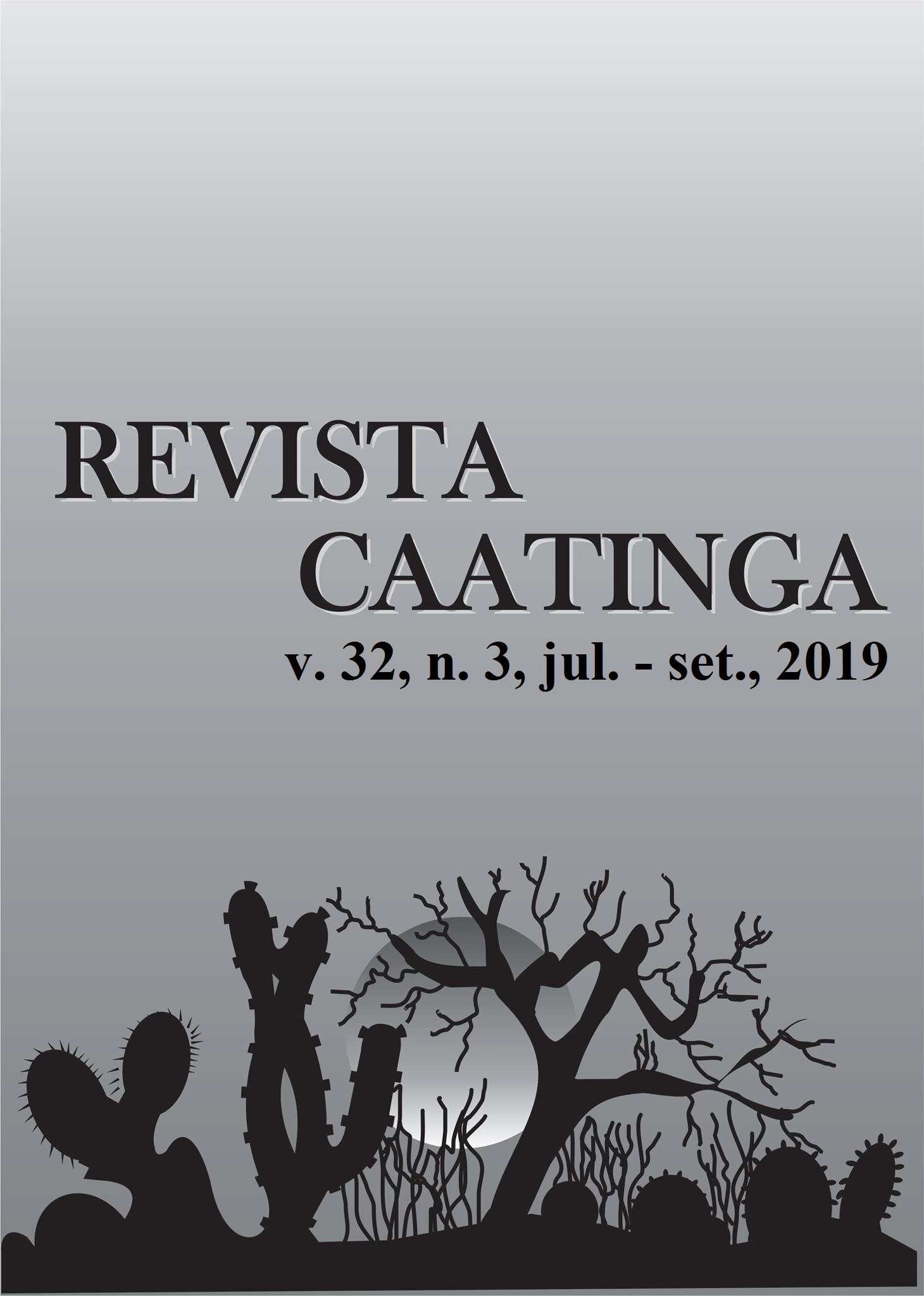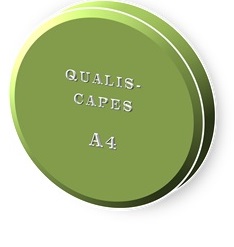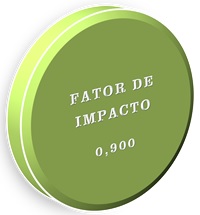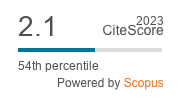EXOTIC ARBUSCULAR MYCORRHIZAL FUNGI AND NATIVE DARK SEPTATE ENDOPHYTES ON THE INITIAL GROWTH OF Paspalum millegrana GRASS
DOI:
https://doi.org/10.1590/1983-21252019v32n305rcKeywords:
Poaceae. Filamentous fungi. Symbiosis. Plant growth. Mycotrophy.Abstract
Arbuscular mycorrhizal fungi (AMF) and dark septate endophytic fungi (DSE) promote increase in plant biomass, depending on the soil and climate conditions and the interactions with the host plant. The objective of this study was to evaluate the interaction of exotic arbuscular mycorrhizal fungi and native DSE fungi on the initial growth of P. millegrana. A completely randomized experimental design comprising the Paspallum millegrana cutilvar with the following treatments: control – without AMF, and three exotic AMF isolates (UFLA351 - Rhizoglomus clarum, UFLA372 - Claroideoglomus etunicatum and UFLA401 - Acaulospora morrowiae), with four replications each. P. millegrana grass was colonized by exotic AMF by R. clarum (UFLA351, 11.9%), C. etunicatum (UFLA372, 39.6%), and A. morrowiae (UFLA401, 51.2%). P. millegrana was also colonized by native DSE fungi, but these did not interfere with the colonization by exotic AMF and plant development. P. millegrana is responsive to the inoculation of UFLAs isolates of exotic AMF, which may contribute to the grass growth and survival under field conditions. The process of surface disinfestation of seeds does not eliminate endophytic microorganisms, whose presence may influence plant colonization by AMF, as well as development of the host plant.
Downloads
Downloads
Published
Issue
Section
License
Os Autores que publicam na Revista Caatinga concordam com os seguintes termos:
a) Os Autores mantêm os direitos autorais e concedem à revista o direito de primeira publicação, com o trabalho simultaneamente licenciado sob a Licença Creative Commons do tipo atribuição CC-BY, para todo o conteúdo do periódico, exceto onde estiver identificado, que permite o compartilhamento do trabalho com reconhecimento da autoria e publicação inicial nesta revista, sem fins comerciais.
b) Os Autores têm autorização para distribuição não-exclusiva da versão do trabalho publicada nesta revista (ex.: publicar em repositório institucional ou como capítulo de livro), com reconhecimento de autoria e publicação inicial nesta revista.
c) Os Autores têm permissão e são estimulados a publicar e distribuir seu trabalho online (ex.: em repositórios institucionais ou na sua página pessoal) a qualquer ponto antes ou durante o processo editorial, já que isso pode gerar alterações produtivas, bem como aumentar o impacto e a citação do trabalho publicado (Veja O Efeito do Acesso Livre).







